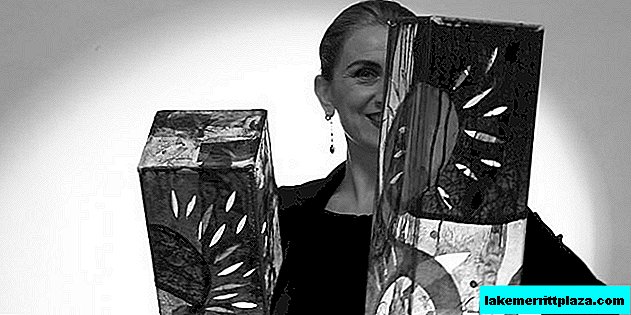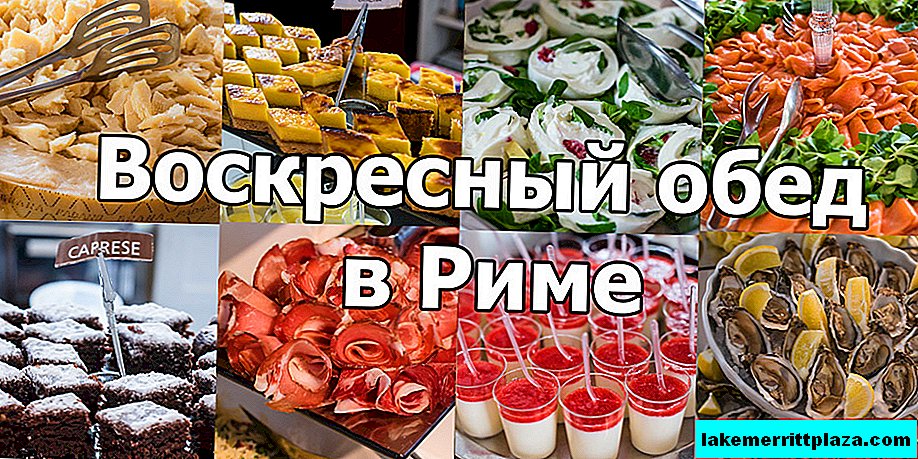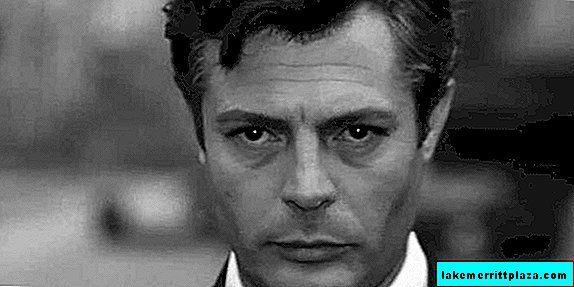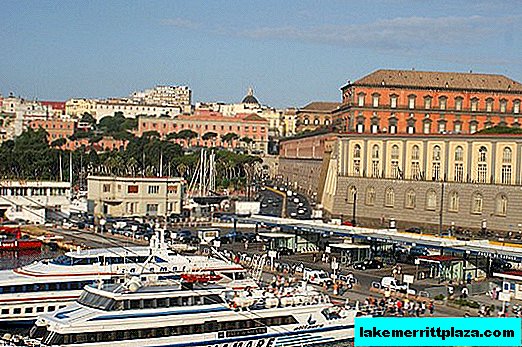Jazz and theater are the two passions of Cologne. In the area of the ring road there are a huge number of theaters and concert venues.

Theater im bauturm
Jazz and theater are the two passions of Cologne. In the area of the ring road there are a huge number of theaters and concert venues. Both classical and contemporary plays are staged in theaters. Although most of the performances are in German, you can still experience the famous sense of humor inherent in the inhabitants of Cologne.
Stadt. This venue, located in Stadtgarten near Venloerstrasse, has been popular with jazz lovers since the 1970s. Today it is one of the best places in the city where jazz and modern music are performed. In the same building, there is a cafe-restaurant and an exhibition hall, where the works of contemporary German artists are exhibited every month.
Address: Venloer Strasse, 40.
www.stadtgarten.de.
Volkstheater Millowitsch. This is a traditional German theater, with seats upholstered in red velvet. Here is the favorite folk theater of Cologne. For 200 years, members of the Millovich family have presented here comic stories from everyday life. And several generations of viewers enthusiastically accepted these ideas. Now Peter, Millovich in the seventh generation works here. Peter's father, Willy, managed to transfer traditional performances to a television screen. He was rightly considered the embodiment of a true Cologne spirit.
Address: Aachener Strasse, 5.
The ticket office opens three hours before the show, t U-Bahn: Rudolfplatz.
Theater im Bauturm. Energetic and ambitious young troupe. Small, very modern theater.
Address: Aachener Strasse, 24.
The ticket office is open from 14.30-18.45 Mon-Fri and one hour before the show, t U-Bahn: Rudolfplatz.

Atelier theater. This theater specializes in cabaret and satire. Sometimes performances are accompanied by live music. 99 places fill up very quickly, and the program changes every week. The cafe-bar of the theater is a great place where you can have a snack and a drink before or after the performance.
Address: Roonstrasse, 78.
Performances begin every day at 20.30.
The ticket office is open from 18.00-20.00 daily, Tram: Zülpicherplatz.
How do I save on hotels?
Everything is very simple - look not only at the booking. I prefer the search engine RoomGuru. He is looking for discounts at the same time on Booking and on 70 other booking sites.








